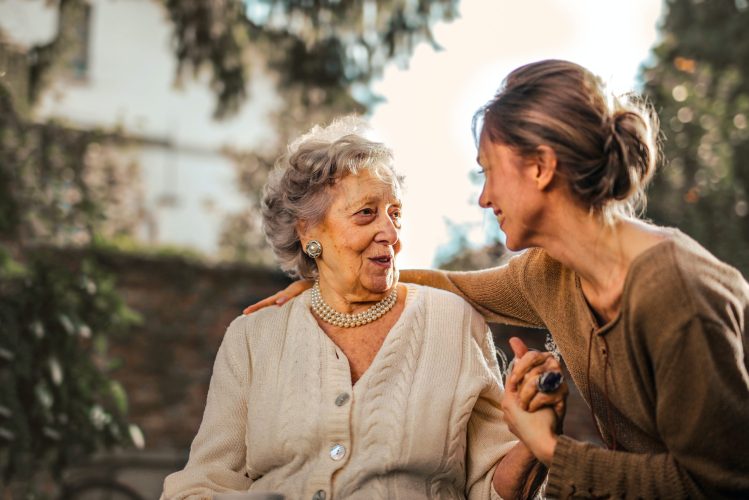Extending on one of my most popular and impactful podcast episodes, ‘The Aging Brain: A caregiver’s guide’, in this blog post, I explore the intricate dynamics of cognitive changes through insights from experts. I hope this resource will serve as a valuable companion for caregivers navigating the complexities of caring for older individuals
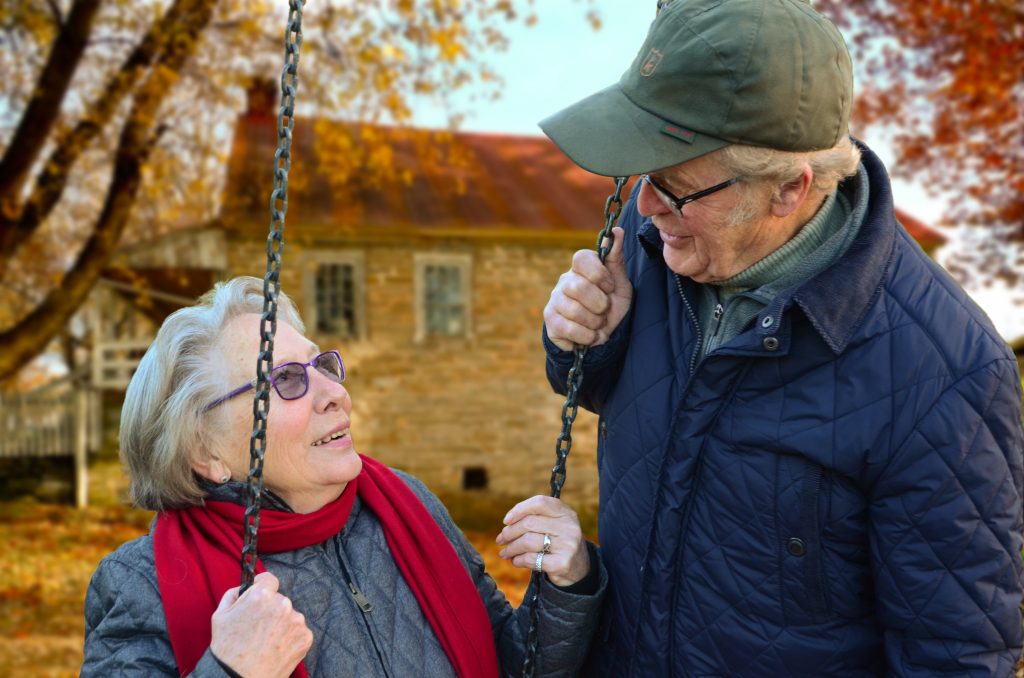
While little was known about dementia until a few years ago, statistics shared by the World Health Organisation reveal that dementia is far more prevalent than most people believe – an estimated 55 million people have dementia globally, with the number rising by a startling 10 million every year. The WHO also states that dementia is the seventh-leading cause of death and one of the major causes of disability and dependency among older people. Yet, despite these stark figures, the layman is often oblivious to what dementia is and how to recognise its onset.
While dementia remains a pressing concern, several other cognitive problems also impact the aging population. Conditions such as mild cognitive impairment (MCI), age-related cognitive decline, and age-associated memory impairment are among the cognitive challenges that older individuals may encounter. Mild cognitive impairment refers to a slight decline in cognitive abilities beyond what is expected with normal aging, while age-related cognitive decline encompasses broader cognitive changes that may occur as part of the aging process. Age-associated memory impairment often involves difficulties in memory recall and retrieval.
It is vital to raise awareness about these conditions and their impact on individuals and their families. By fostering understanding, we can promote early detection, timely intervention, and effective support systems.
Also listen to: Lettering and brain function
Understanding dementia and other cognitive disorders
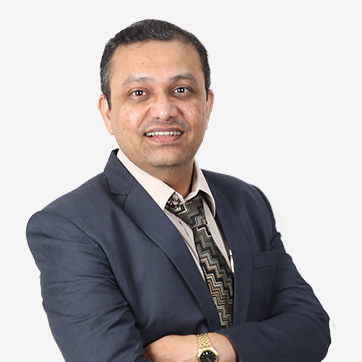
“The majority of individuals experiencing dementia are seniors [age 60 years and above]. There are also other brain functions, which a lot of people don’t attribute to dementia, that are compromised, including the loss of communication skills, reading, writing, losing the ability to ride a bicycle or swim or even how to brush your teeth. This causes problems with their daily functioning.”
Dr Santosh Bangar, geriatric psychiatrist

“The majority of individuals experiencing dementia are seniors [age 60 years and above]. There are also other brain functions, which a lot of people don’t attribute to dementia, that are compromised, including the loss of communication skills, reading, writing, losing the ability to ride a bicycle or swim or even how to brush your teeth. This causes problems with their daily functioning.”
Dr Santosh Bangar, geriatric psychiatrist
Neuropsychiatrist and geriatric psychiatrist Dr Santosh Bangar, who runs the MIND Clinic for senior citizens explains dementia as a syndrome or a constellation of signs and symptoms of a brain disease. “The common symptoms are forgetfulness, not remembering recent conversation or where they put their belongings, or asking the same question over and over again. Ageing is the largest risk factor for dementia; however, while it is not a disease that’s exclusive to seniors, the majority of individuals experiencing dementia are seniors [age 60 years and above]. There are also other brain functions, which a lot of people don’t attribute to dementia, that are compromised, including the loss of communication skills, reading, writing, losing the ability to ride a bicycle or swim or even how to brush your teeth. This causes problems with their daily functioning,” he explains.
As seniors age, they may encounter a range of cognitive issues that can impact their daily lives. These challenges go beyond dementia and encompass various conditions that affect cognitive abilities. Age-related cognitive decline, characterised by a gradual reduction in cognitive functioning, can result in difficulties with memory, attention, and problem-solving. Mild cognitive impairment (MCI) is another common condition, involving noticeable cognitive changes that may not necessarily interfere with daily activities but could indicate an increased risk of developing dementia.
Moreover, older individuals may experience age-associated memory impairment, which primarily affects memory recall and retrieval. Additionally, conditions like aphasia (language impairment), apraxia (loss of skilled motor movements), and agnosia (difficulty recognising objects or people) can also impact cognitive functioning.
It is crucial for caregivers and loved ones to be aware of these cognitive issues and provide the necessary support and understanding. By recognising the specific challenges faced by seniors, we can adapt our caregiving approaches and seek appropriate interventions to enhance their quality of life and overall well-being.
Diagnosing it right
Accurate and timely diagnosis of cognitive conditions in the elderly is of paramount importance. Early detection allows for proper intervention, support, and treatment, leading to improved quality of life for individuals and their caregivers. Identifying cognitive issues promptly enables healthcare professionals to develop tailored care plans, provide relevant resources, and offer appropriate therapies to manage symptoms and slow down the progression of certain conditions.
Moreover, an accurate diagnosis helps eliminate uncertainties and enables caregivers to better understand the specific cognitive challenges their loved ones are facing.
While there are no definitive roadmaps for caregiving and treatment, Dr PN Renjen, a neurologist at Indraprastha Apollo Hospital, points to ascertaining the type of dementia that the individual is affected by. “Dementia is a broad term that includes a large number of neurocognitive and neurodegenerative disorders, and each of these take a different course. Every type of dementia is not degenerating; with the help of testing, we look for treatable dementia. Vascular dementia, for instance, is a type of dementia that has been extensively researched and is not the same as Alzheimer’s dementia. The two can coexist in the same individual, and vascular dementia may convert into Alzheimer’s dementia. Vascular dementia can be treated with medicines and cognitive therapy, to help improve the patient’s quality of life,” he says.
While there are no definitive roadmaps for caregiving and treatment, Dr PN Renjen, a neurologist at Indraprastha Apollo Hospital, points to ascertaining the type of dementia that the individual is affected by. “Dementia is a broad term that includes a large number of neurocognitive and neurodegenerative disorders, and each of these take a different course. Every type of dementia is not degenerating; with the help of testing, we look for treatable dementia. Vascular dementia, for instance, is a type of dementia that has been extensively researched and is not the same as Alzheimer’s dementia. The two can coexist in the same individual, and vascular dementia may convert into Alzheimer’s dementia. Vascular dementia can be treated with medicines and cognitive therapy, to help improve the patient’s quality of life,” he says.
He adds that an MRI scan can help to determine the areas of the brain that have been affected, as can molecular imaging tests called a PET-MRI or a CT-MRI, as can a DOPA scan. Dr Bangar also points to what he calls beside tests, which include simple tasks such as asking the patient about their orientation with questions about what day is it or the time, or what they had for breakfast, and checking if they are able to recount these accurately. He also suggests Mini-mental State Examinations, which can be administered by people with minimal training. He elaborates, “We ask them to draw a circle and add numbers inside it to create a clock face. We also give them a trail-making test with alternate sequences of ascending letters and numbers.”
Also listen to: The dancing brain: How to sharpen your mind
A compassionate approach
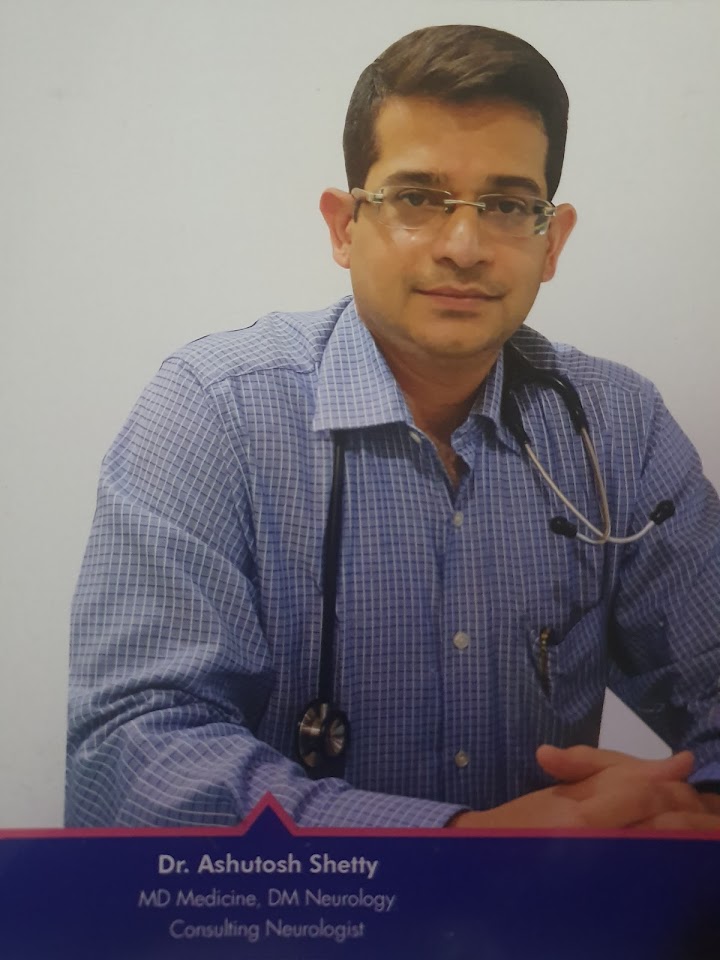
“It’s vital to establish comfortable and inspiring surroundings for the patient,” says Dr Ashutosh N Shetty, a neurologist at Axis Hospital. He adds that adapting the physical environment to meet the needs of the individual can help to reduce frustration and confusion. Different ways to avoid mishaps and damage at home include labelling appliances and disposing of tripping hazards. “Caregivers cannot neglect practical recommendations to help affected individuals participate in their daily obligations and activities, such as breaking up responsibilities into small steps and using visual cues. Involving them in suitable sports can give them a sense of purpose and happiness,” he continues. He emphasises on the need for caregivers to work closely with medical staff, share information and responsibilities, and modify their caregiving approaches to match the unique needs of people with dementia, to enable a respectable and better quality of life for them.

“It’s vital to establish comfortable and inspiring surroundings for the patient,” says Dr Ashutosh N Shetty, a neurologist at Axis Hospital. He adds that adapting the physical environment to meet the needs of the individual can help to reduce frustration and confusion. Different ways to avoid mishaps and damage at home include labelling appliances and disposing of tripping hazards. “Caregivers cannot neglect practical recommendations to help affected individuals participate in their daily obligations and activities, such as breaking up responsibilities into small steps and using visual cues. Involving them in suitable sports can give them a sense of purpose and happiness,” he continues. He emphasises on the need for caregivers to work closely with medical staff, share information and responsibilities, and modify their caregiving approaches to match the unique needs of people with dementia, to enable a respectable and better quality of life for them.
Senior political journalist, author, and television talk show host Priya Sahgal, who cares for her aging mom and has authored a chapter in the book ‘A Portrait of Ageing’ shares that what has helped her mother is creating a sense of predictability by establishing patterns so that she knows she is in control. “In this way, while we are helping her, we are also not letting her know that she has been helped. She is still in control. For instance, she hates waking up early and so if I ask her to wake up at a specified time, she will become annoyed. But if I make it sound as though it is her idea, she is much more receptive to it,” she explains. She adds that talking to friends and others who are caregivers has helped, especially in terms of managing the unpredictability that comes with this condition.
Senior political journalist, author, and television talk show host Priya Sahgal, who cares for her aging mom and has authored a chapter in the book ‘A Portrait of Ageing’ shares that what has helped her mother is creating a sense of predictability by establishing patterns so that she knows she is in control. “In this way, while we are helping her, we are also not letting her know that she has been helped. She is still in control. For instance, she hates waking up early and so if I ask her to wake up at a specified time, she will become annoyed. But if I make it sound as though it is her idea, she is much more receptive to it,” she explains. She adds that talking to friends and others who are caregivers has helped, especially in terms of managing the unpredictability that comes with this condition.
Care for the caregiver
While caring for the patient is, of course, a top priority, it’s also important for the caregiver to focus on their own mental wellbeing, as Dr Nahid Dave, a psychiatrist at Insight Clinic points out. “Many caregivers suffer from a condition known as ‘caregiver burnout’, which includes a host of symptoms including denial about the existence of dementia, anger and frustration that’s directed towards the patient, anxiety, depression and irritability. If necessary, enlist support from professional staff or family members, divide responsibilities and make sure to take some time off to pursue other activities and interests,” she says.
Here are some things you must be mindful of if caring for an ageing loved one:
While caring for the patient is, of course, a top priority, it’s also important for the caregiver to focus on their own mental wellbeing, as Dr Nahid Dave, a psychiatrist at Insight Clinic points out. “Many caregivers suffer from a condition known as ‘caregiver burnout’, which includes a host of symptoms including denial about the existence of dementia, anger and frustration that’s directed towards the patient, anxiety, depression and irritability. If necessary, enlist support from professional staff or family members, divide responsibilities and make sure to take some time off to pursue other activities and interests,” she says.
Here are some things you must be mindful of if caring for an ageing loved one:
- Prioritise your own well-being: Remember that taking care of yourself is essential to provide effective care to your loved one.
- Set realistic expectations: Understand that you cannot do everything alone and it’s okay to ask for help when needed.
- Establish a support system: Reach out to family, friends, or support groups who can provide emotional support and assistance.
- Make time for self-care activities: Engage in activities that bring you joy, whether it’s reading, exercising, pursuing a hobby, or simply taking a relaxing break.
- Maintain a healthy lifestyle: Eat nutritious meals, exercise regularly, and get enough sleep to maintain your physical and mental well-being.
- Seek respite care: Arrange for temporary care-giving assistance so you can take short breaks or engage in personal activities without worry.
- Practice stress management techniques: Explore relaxation techniques like deep breathing, meditation, or mindfulness to reduce stress and promote calmness.
- Stay connected with others: Socialise and maintain relationships outside of caregiving to avoid isolation and nurture a sense of belonging.
- Seek professional support: Consider therapy or counselling to cope with the emotional challenges of caregiving.
- Educate yourself about caregiving: Stay informed about resources, support services, and community programs available for caregivers to access additional help and guidance.
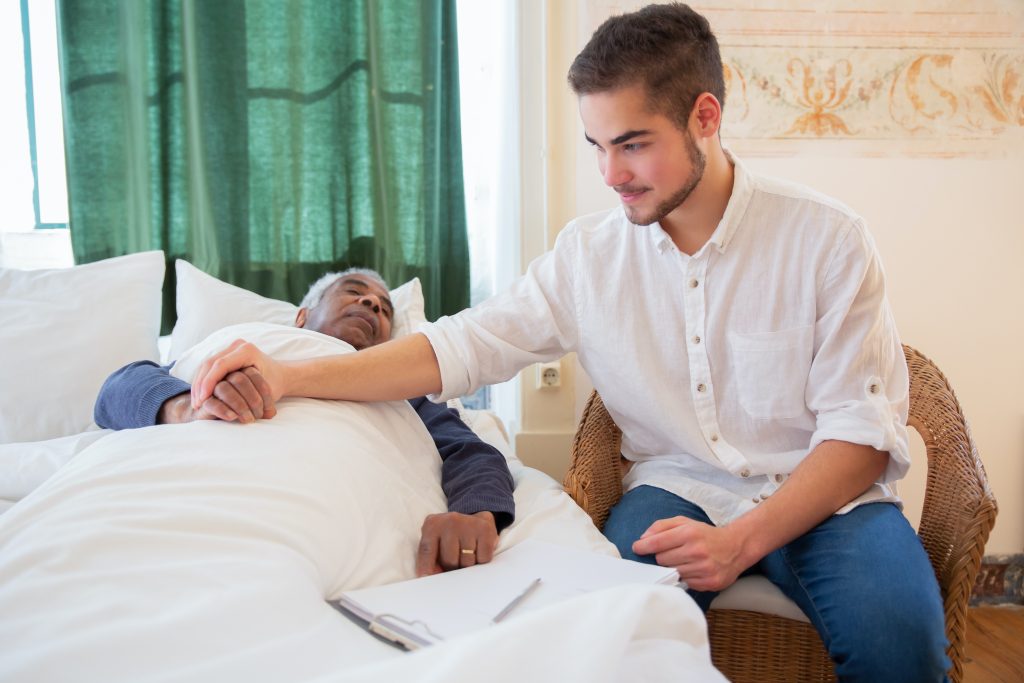
Most importantly, remember, self-care is not selfish—it is essential for your own well-being and enables you to provide the best care for your elderly loved ones.




